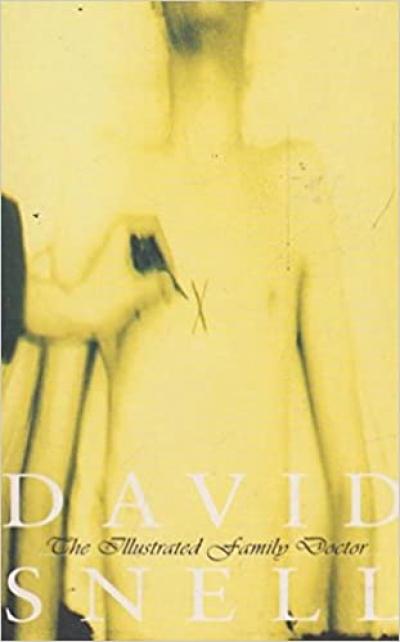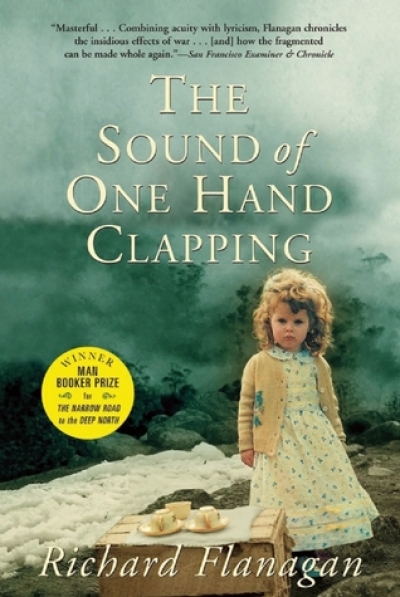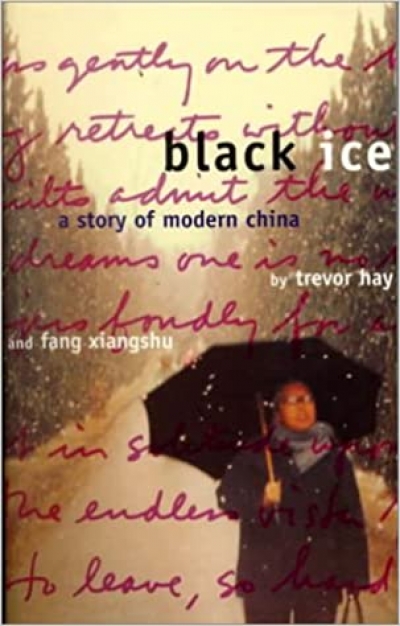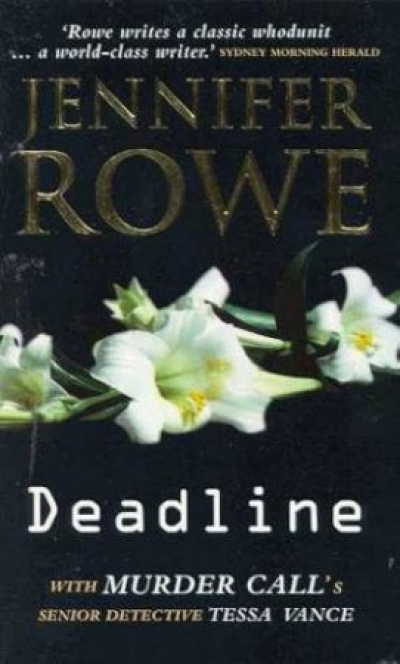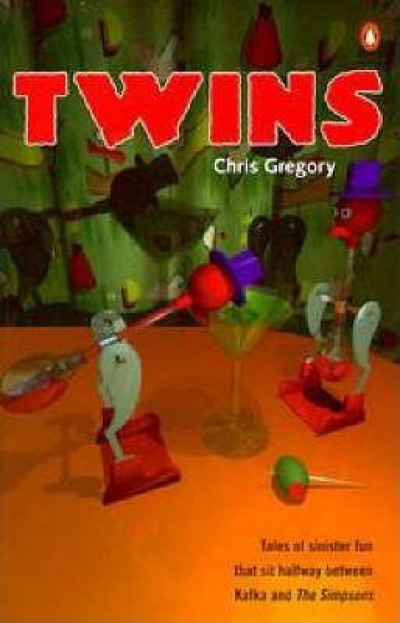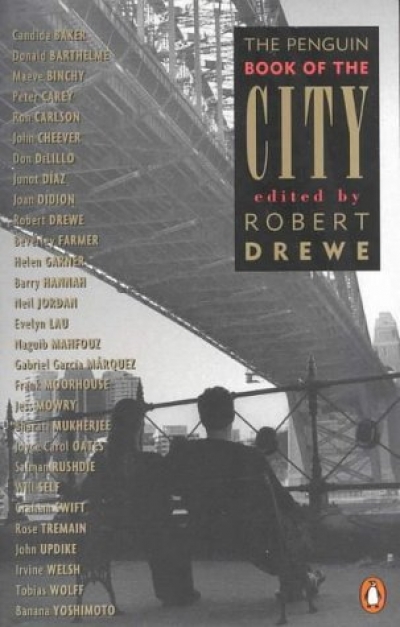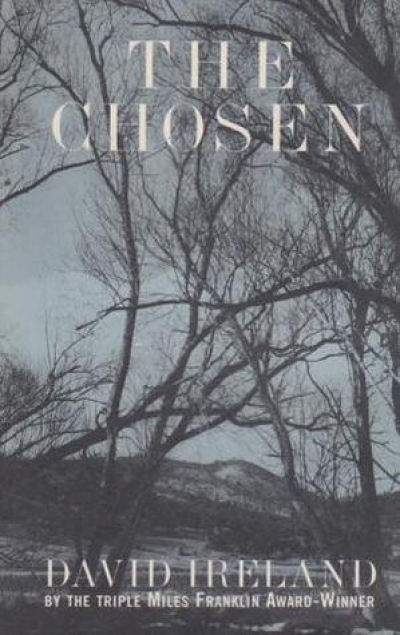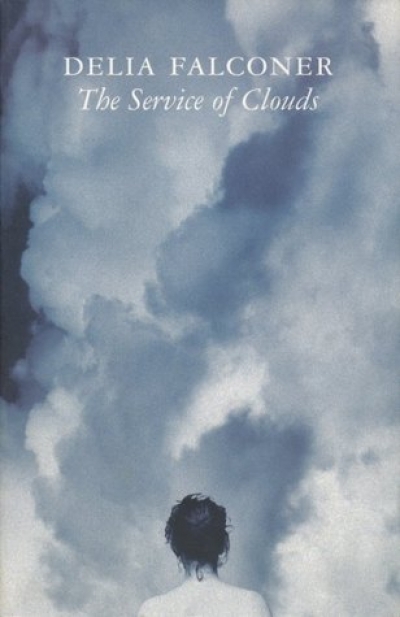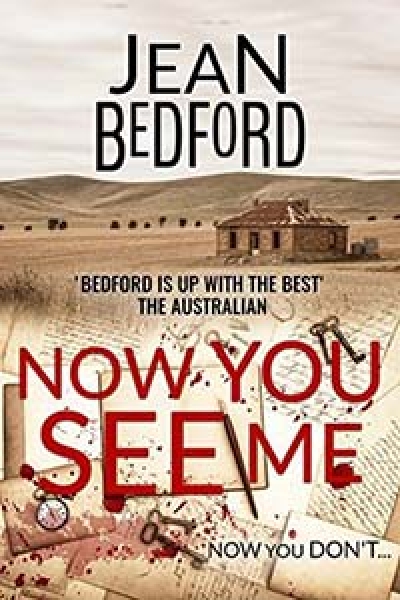Fiction
How do you define despair? You might choose to describe it as ‘a chemical imbalance of the brain, resulting in fragmented perceptions, often associated with grief and pessimism’. That is the definition Gary Kelp comes across in the course of his working day. It seems to fit. ‘I imagined a picture of myself to go with the text,’ he says, ‘sitting there at the bar, staring into my drink.’
... (read more)Australia in the imagination of its first European mapmakers was a curious place where odd creatures dwelt. Now that a metropolitan culture emanates from cities to encircle the continent with farms, roads, towns, and nature reserves, the spaces marked ‘exotic’ have shifted. But they’re still here. I know, because I’ve recently moved from Melbourne to Tasmania. Why are you doing this? Asked West Australian colleagues when we talked at a conference in south India. Tasmania’s a great place for a holiday, but how could you live there? It’s so far from everywhere, and you’ll have no one to talk to.
... (read more)Black Ice: A story of modern China by Trevor Hay and Fang Xiangshu
In 1992, Fang Xiangshu collaborated with Trevor Hay, a mandarin-speaking Melbourne academic, on a non-fiction book, East Wind, West Wind, an account of Fang’s escape from China to begin a new life in Australia.
... (read more)Here’s the first in a new series from the indefatigable pen of Jennifer Rowe. Verity Birdwood is still going strong, at last check: it wasn’t so long ago that I reviewed Lamb to the Slaughter in these pages. And, of course, as Emily Rodda, Rowe has turned out a couple of dozen Teen Power books, attracting several Children’s Book Awards. She is every inch a professional writer.
... (read more)Incorporating photographs, diagrams, idiosyncratic typography, and even a list of references, Chris Gregory’s Twins is a media kit as much as a short story collection. It beings with a kind of parable about reading:
... (read more)John Kinsella, who has made a name for himself in Australia and abroad as poet and critic/commentator, has published an extended prose sequence which his publishers describe as a novel, called Genre. It’s dedicated to Derrida, as well as Kinsella’s partner, Tracy Ryan; and it begins with quotes from Defoe (on the plague) and Dennis Hopper (on drugs). Genre reads like a kind of journal/essay with meditations on ideas of seeing, on poetry, and addiction, intercut with several narratives. ‘In the Theatre of the Imagination, all but one of the eight stages are occupied ... The Renaissance Man is writing an essay on an exhibition and thinking about his latest books on aesthetics.’ The narrator’s essay is called ‘A Public Viewing of Private Spaces’.
... (read more)This attractive collection of short pieces – mostly fiction – reminded me of the old music-hall adage: start with a bang and leave the best acts till the end. Robert Drewe’s selection certainly begins with a bang. John Updike’s ‘The City’ is the story of a man who arrives in a unnamed city, and sees no more of it than an anonymous hotel room and the hospital where he has his appendix removed. By the end of this cunningly crafted fable, we realise that the city’s fascination for Carson, the central character, is directly related to its being unknown, unseen and as much a cipher (and perhaps a menace too) as it was when he arrived, decidedly queasy from the airline’s freeze-dried peanuts – or so he thought at the time.
... (read more)Like much else about this novel, its title The Chosen is not the relatively straightforward affair it may, at first, appear to be. One assumes for the first hundred pages or so that the ‘chosen’ are those citizens of the small NSW Southern Tablelands town of Lost River who have been chosen by a randomising computer program to have their lives represented in the commemorative tapestry being woven as a civic project along with two other pet Town Council proposals, a new jail and a high-temperature incinerator. It’s a mode that critic Ken Gelder has called ‘dark pastoral’.
... (read more)This novel, Delia Falconer’s first, takes the form of a love lament: all about breath in bodies; textures and surfaces; clouds; mountains; photography; colour; gardens; illness. Much more, too, of course, and it is a work that certainly does not warrant such a glib cataloguing of elements and attributes. It is ambitious, and successful ...
... (read more)This is a serious tale of crime and punishment from Jean Bedford, who had been working up to it. Her Anna Southwood novels have been consistently good, their light touch obscuring not at all the author’s passion for justice, an old-fashioned sentiment which always informs the best crime novels, often most palpably present in crime fiction by women.
... (read more)

